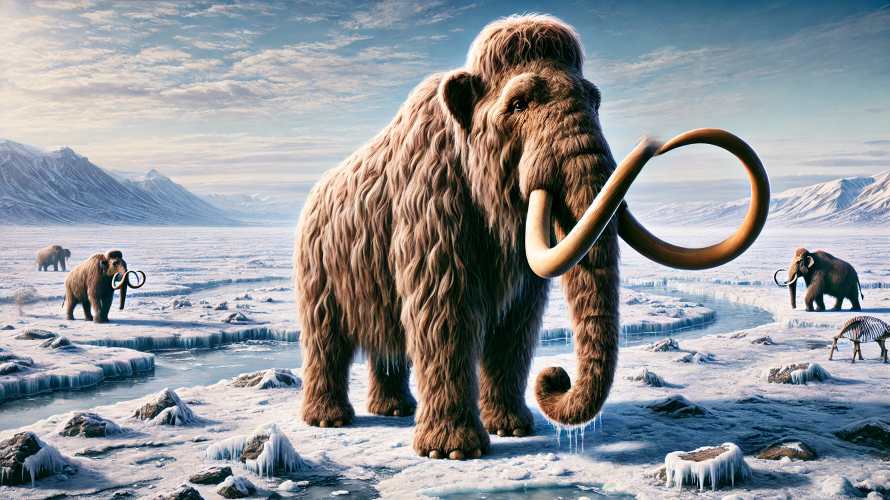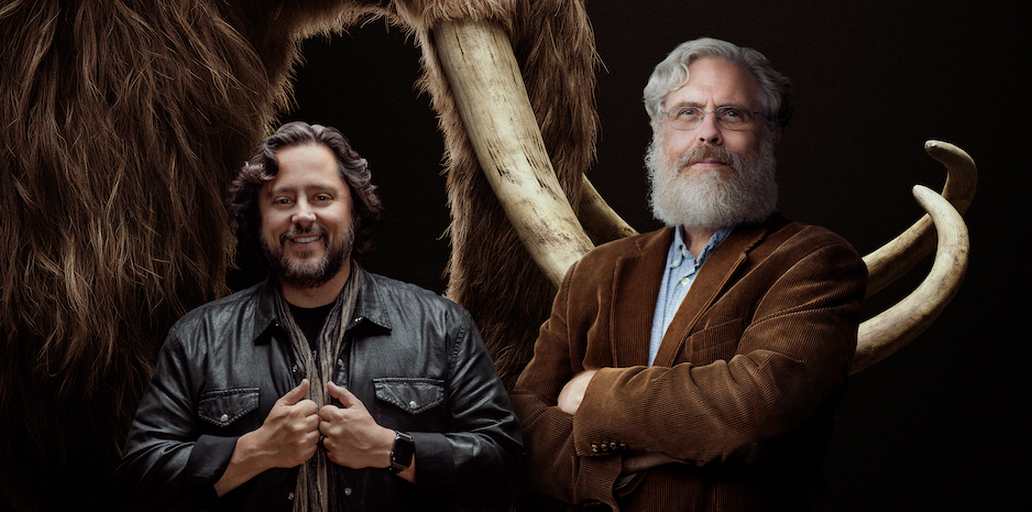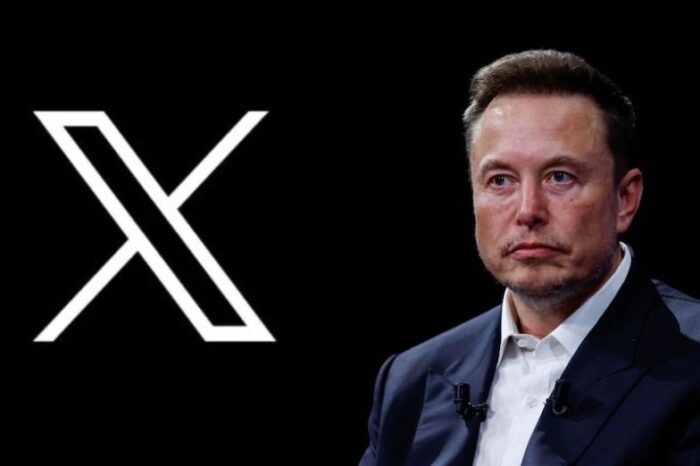Colossal Biosciences raises $200M at $10.2B valuation to revive woolly mammoths and other extinct species

In a fitting move for a company focused on bringing extinct species back to life, Dallas-based Colossal Biosciences has raised $200 million in Series C funding, becoming Texas’ first “decacorn,” a term for private companies valued at over $10 billion.
The funding round was led by TWG Global, with backing from several high-profile investors. This fresh capital infusion pushed the company’s valuation to $10.2 billion and brought its total funding to $435 million since its inception.
TWG Global, the investment firm of Mark Walter, co-founder of Guggenheim Partners, and billionaire Thomas Tull, has played a pivotal role in this latest round. Notably, this development comes two years after Colossal’s valuation was pegged at $1.5 billion.
With this funding, Colossal now stands among an exclusive group of roughly 70 private companies worldwide to achieve this valuation milestone. Still, the question remains: why are investors betting billions on a company yet to generate revenue, with its headline projects—resurrecting the mammoth and the Tasmanian tiger—not expected to materialize until 2028?
Colossal claims significant progress across its three main projects: the woolly mammoth, the Tasmanian tiger (thylacine), and the dodo bird. According to the company, these efforts are either on track or ahead of schedule.
The new funding will allow Colossal to spin off three businesses over the next two years, one of which will focus on its artificial womb technology, a development with potential applications in fertility treatments. The company has already spun out two ventures: Breaking, which focuses on plastic decomposition and raised $10.5 million in seed funding, and Form Bio, a computational biology platform that secured $30 million.

Credit: Colossal Biosciences
Founded in 2021 by Ben Lamm and world-renowned geneticist and serial biotech founder George Church, Colossal’s ambitious mission includes reviving the woolly mammoth and other long-lost species.
While the company’s headline-grabbing goal is to restore extinct species, the real draw for investors likely lies in the broader potential of its technologies. Genetic breakthroughs being developed by Colossal could play a crucial role in protecting endangered species and rebuilding ecosystems worldwide.
The first de-extinction target, the woolly mammoth, is envisioned as a cold-resistant elephant that will resemble its ancient counterpart in appearance, behavior, and ecosystem adaptability. “It will walk like a mammoth, look like a mammoth, and sound like a mammoth,” the company said, emphasizing its ability to thrive in the habitats once occupied by its extinct predecessor.
“Our progress in building the tools needed for de-extinction has been met with incredible support from the investment community,” said Ben Lamm, CEO and co-founder. “Our partners at TWG Global and others are eager to help us scale efficiently.”
Mark Walter, CEO of TWG Global, highlighted Colossal’s potential at the intersection of AI, computational biology, and genetic engineering. His firm sees opportunities that extend far beyond de-extinction. “Colossal has brought together a top-tier team driving impactful advancements in conservation,” Walter noted.
Since its founding less than four years ago, Colossal has established a global scientific team of over 170 experts working across locations in Dallas, Boston, and Melbourne, Australia.
“This funding allows us to expand our team, develop new technologies, and grow our list of de-extinction targets,” Lamm said. “We’re making extinction a thing of the past.”





